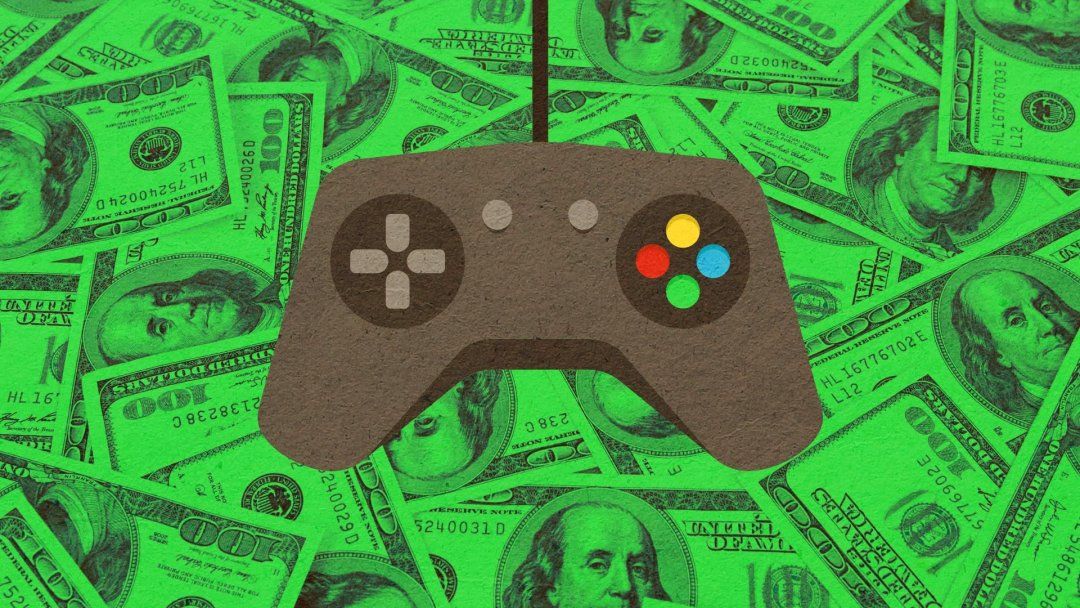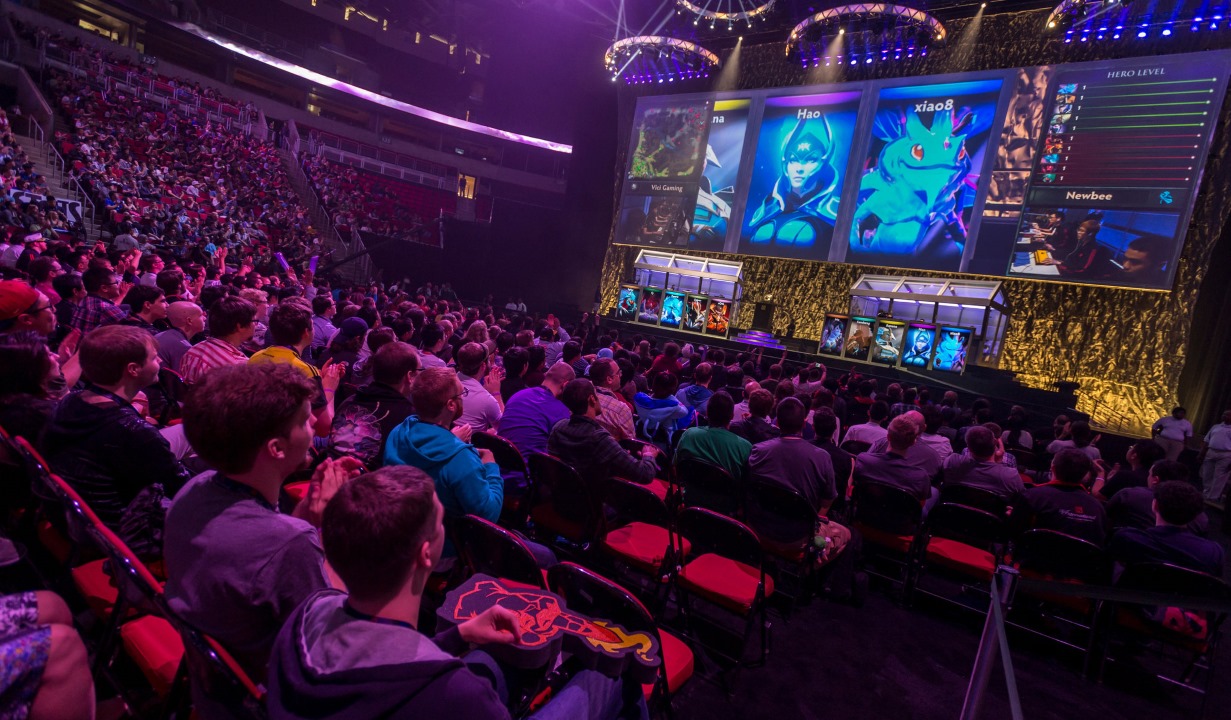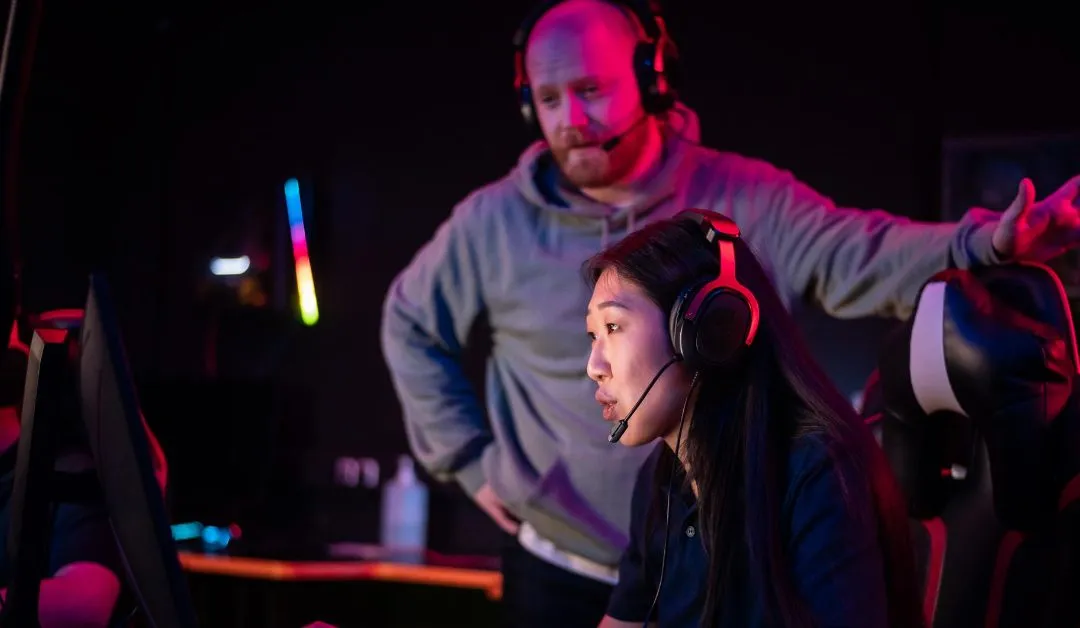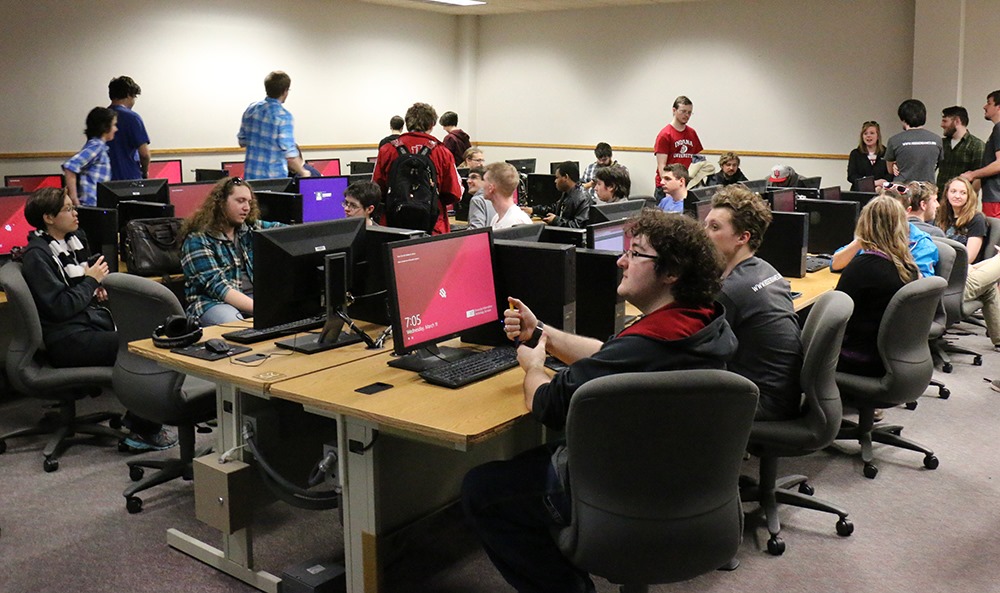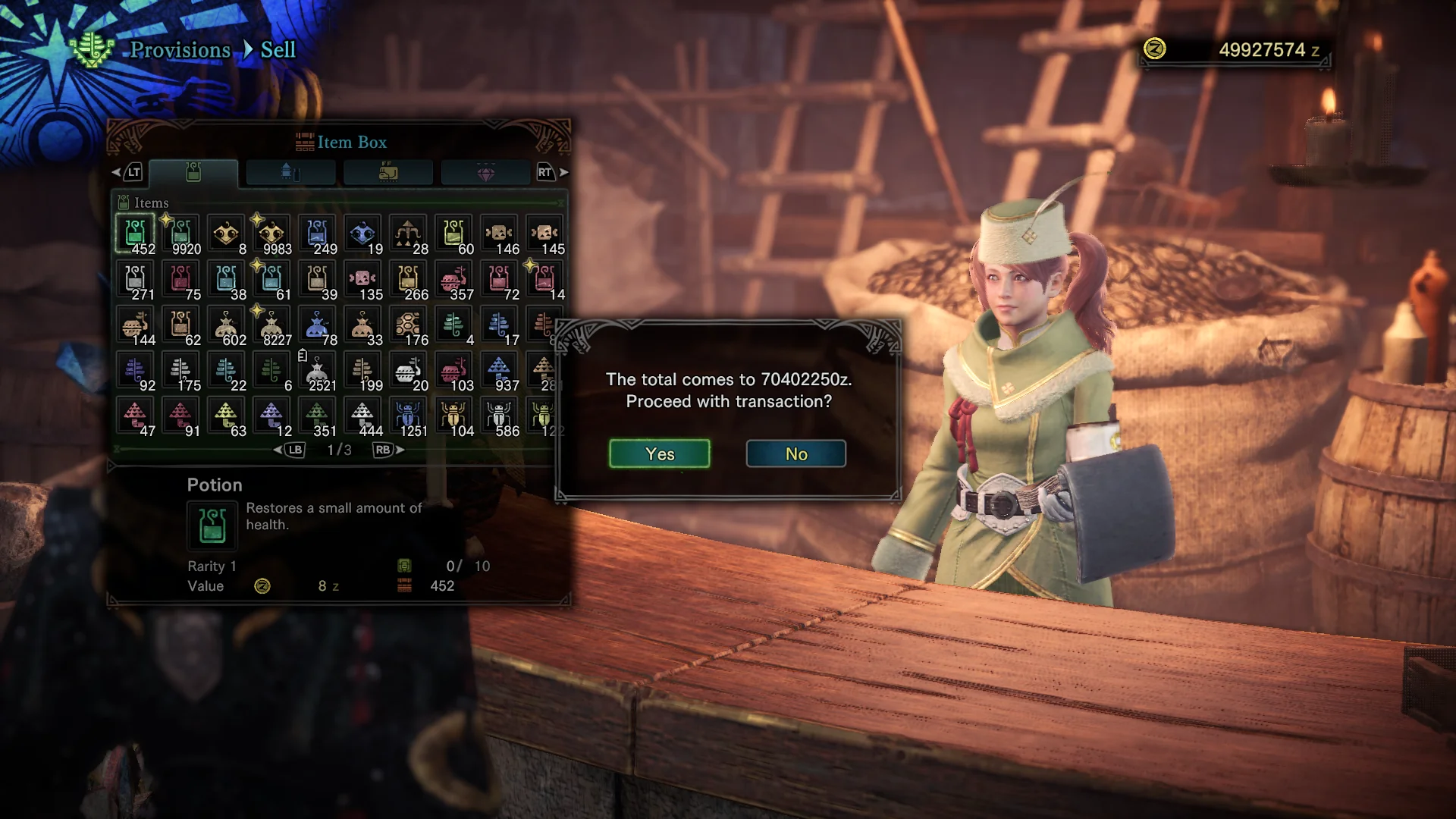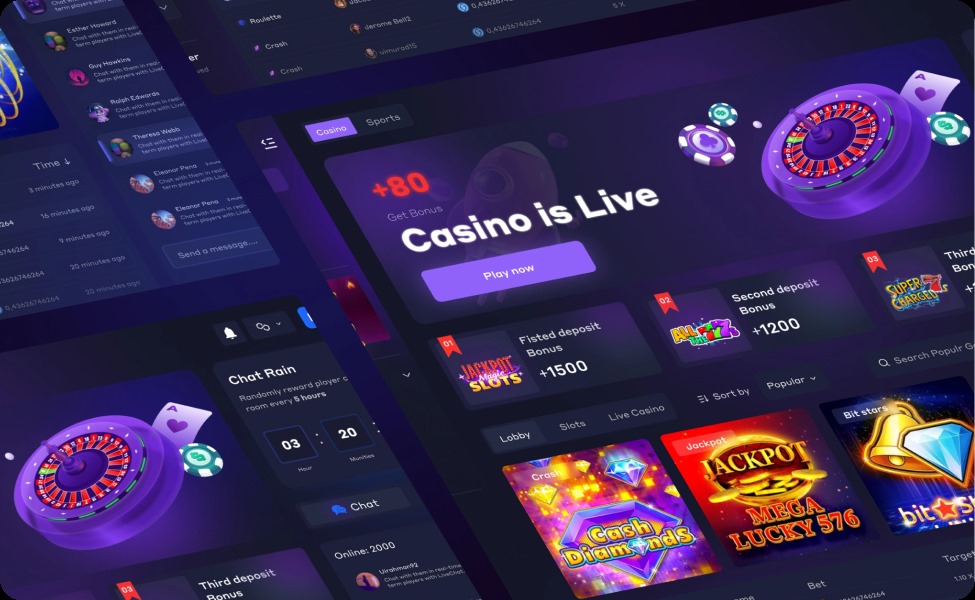For decades, video games were seen as a time-wasting hobby or a simple form of entertainment. But in the last 10–15 years, that perception has shifted drastically. Today, gaming is not just a multi-billion-dollar industry—it’s a legitimate career path and income source for millions around the globe. From competitive eSports to YouTube creators, from Twitch streamers to indie developers, people are finding creative and sustainable ways to make money by doing what they love most: playing games.
Whether you're a casual gamer looking to earn some side income or a skilled competitor aiming to go pro, the opportunities are more diverse than ever. There’s a reason why gaming laptops now come with streaming setups built in, and why job listings for game testers, creators, and community managers are exploding on tech sites. The internet—and the culture around gaming—has made room for everyone.
This guide dives into all the different ways you can earn money through gaming. Not all of them require elite skill or technical knowledge. Some are based on community building, others on strategy or creativity, and a few on simply being consistent and smart about your time. What matters most is understanding the landscape, identifying what works for you, and putting in the effort where it counts. So let’s break it down.
Professional Gaming and eSports
eSports is the most visible—and potentially most lucrative—way to make money in gaming. Professional players compete in tournaments for titles like League of Legends, Valorant, Counter-Strike 2, Dota 2, Fortnite, and Call of Duty, with prize pools often reaching millions of dollars. The 2021 Dota 2 International, for instance, had a prize pool of over $40 million. Not bad for clicking a mouse.
But becoming a pro gamer isn’t just about being good at a game. It’s about commitment, daily practice, strong reflexes, and often joining a team or organization. Most pros start by climbing ranked ladders, gaining visibility through platforms like Twitch or YouTube, and entering smaller online tournaments to build credibility.
Once signed to an organization, players can receive a base salary, travel stipends, gear, and health benefits—plus a cut of any prize money or sponsorships. And that’s just the start. Popular players often pick up brand deals, merch sales, and even appearance fees at conventions or events.
Of course, this path is competitive. Not everyone becomes the next Faker or Bugha. But if you’re young, driven, and comfortable grinding 10 hours a day to refine your aim or team strategies, the eSports route might be worth pursuing.
Game Streaming and Content Creation
You don’t need to be a world-class player to earn money through gaming—sometimes, it’s more about personality than precision. That’s where streaming and content creation come in.
Platforms like Twitch, YouTube Gaming, and Kick have opened doors for gamers to share their gameplay in real-time or post highlights, walkthroughs, reviews, or reaction content. Streamers monetize in several ways: subscriptions (monthly recurring payments from viewers), donations (often during live streams), ad revenue, affiliate links, and sponsorship deals. YouTube creators can also join the YouTube Partner Program and earn money through pre-roll and mid-roll ads on their videos.
The key here is consistency and building an audience. Most successful streamers have a defined niche—whether that’s horror games, speedruns, chill farming sims, or chaotic multiplayer lobbies—and they create content on a schedule. Personality, camera presence, and audience interaction are just as important as the game being played.
It also takes patience. You won’t start off earning thousands a month, but with persistence, even part-time creators can generate a reliable income stream. Once you hit Twitch Affiliate or YouTube monetization thresholds (like 1,000 subscribers and 4,000 watch hours), things start to snowball.
And don’t forget the merch angle. Popular creators often design apparel, accessories, or digital products tied to their brand. If your channel name or catchphrase becomes recognizable, you’ve already started building a business.
Video Game Coaching and Tutoring
Some players aren’t interested in competing or streaming for the masses—they’d rather help others improve. If you’re exceptionally skilled at a competitive game and have good communication skills, coaching could be your niche.
Platforms like Metafy, GamerSensei, and ProGuides allow coaches to create profiles, list availability, and offer one-on-one sessions in games like League of Legends, Apex Legends, Rocket League, and Valorant. Rates vary depending on experience, game knowledge, and teaching ability. Top coaches charge upwards of $60–$100 an hour, while newer coaches may start at $10–$20 per session.
Coaching doesn’t just mean spectating matches and giving advice. Many coaches provide custom training plans, VOD reviews, aim drills, and even mental performance strategies. Some work with amateurs who want to rank up, while others assist semi-pro teams.
It’s also a great way to build credibility in the scene. Successful coaches often transition into larger team roles—analysts, strategy leads, or content creators—especially if they have a social presence or client testimonials to back them up.
If you're naturally analytical and enjoy breaking down plays or explaining mechanics, coaching is a smart way to turn your passion into a paid role, without the stress of being in the spotlight.
Participating in Online Tournaments and Competitions
For players who want to compete without going full pro, online tournaments are a solid way to make side income—or sometimes even more. Sites like Toornament, Battlefy, GameBattles, and Repeat.gg host competitions across dozens of games, often with real cash prizes.
These aren’t limited to elite players. Many platforms offer bracketed skill divisions, meaning you’ll face players of similar ability. Some even have weekly or daily challenges where you can earn money based on in-game performance—number of kills, wins, or points—without needing to win a full bracket.
Popular games for online competitions include:
-
Fortnite
-
Call of Duty: Warzone
-
PUBG
-
League of Legends
-
Rocket League
-
Apex Legends
Keep in mind that some tournaments may have entry fees, while others are free to enter but offer smaller payouts. Make sure you understand the format, rules, and payment methods before diving in.
Also, platforms like ESEA and FACEIT host seasonal ladders and qualifiers that not only offer cash but can also lead to pro-level visibility. So even if you’re playing casually, regular competition can be a fun and profitable experience—and a great way to sharpen your skills.
Game Testing and Quality Assurance
If you're detail-oriented, patient, and curious about how games are built, game testing might be your ideal entry point into the industry. Testers are responsible for spotting bugs, glitches, crashes, and gameplay inconsistencies before a game reaches players. Though not always glamorous, it's a vital role in the development process—and yes, you get paid to play.
There are two main categories: Quality Assurance (QA) and beta testing. QA testers typically work directly with studios—either in-house or remotely—running builds of a game and logging issues in internal databases. These aren't just random play sessions; you'll often have to test specific mechanics over and over, try to "break" systems, and verify bug fixes.
Beta testers, on the other hand, may participate in pre-release testing for marketing or feedback purposes. Some companies pay for closed beta testing, while others offer perks like early access, gift cards, or exclusive in-game rewards.
To get started, check out job listings on platforms like:
-
Hitmarker
-
Indeed
-
GameJobs.co
-
ArtStation (for indie studios)
Skills that help you stand out include:
-
Strong written communication
-
Attention to detail
-
Familiarity with bug-reporting tools (e.g., JIRA)
-
Experience with multiple game genres
Game testing can be contract-based or full-time, and though starting salaries are modest (usually around $15–$25/hour), it often serves as a gateway into higher roles in game production, design, or community management.
Just know this: it’s not about “playing for fun.” You’ll replay levels hundreds of times, intentionally break the game, and document every hiccup. But for many, that’s a fascinating look behind the curtain—and a paycheck at the same time.
Creating and Selling In-Game Items
In the age of digital economies, some players are turning in-game items into real-world profits. Whether it’s a rare skin, a crafted sword, or a designer avatar outfit, virtual goods are often worth real money—sometimes in the thousands.
Games like CS:GO, Dota 2, Team Fortress 2, and Rust have thriving markets on Steam’s Marketplace, where players can buy, sell, and trade cosmetic items. Skins with rare float values or limited edition stickers can sell for hundreds—or even tens of thousands—of dollars.
In Roblox, creators can use the Roblox Studio toolset to design clothes, environments, and experiences, then monetize them through Robux sales and premium payouts. Some of the platform’s top creators earn six to seven figures annually.
In Second Life, IMVU, and other virtual worlds, players design digital accessories, real estate, and animations that are sold to other users using in-game currencies convertible to real money.
Want to get started? Here's how:
-
Learn the in-game editor or creation tools
-
Stay up to date on trends in that game’s economy
-
Use design software (like Blender or Photoshop) for custom content
-
Promote your items through social media or marketplaces
Keep in mind that terms of service vary wildly. Not all games allow item sales for real-world money, and doing so outside of official platforms can violate terms or lead to bans. Always understand a game’s economy and rules before diving in.
Developing and Selling Your Own Games
If you've ever thought, "I could make a better game than this," you might be ready to step into indie game development. Today, more tools are available than ever for solo developers or small teams to build and release games—with zero coding required in many cases.
Platforms like:
-
Unity and Unreal Engine for full-scale 3D game development
-
Godot and GameMaker Studio for 2D and pixel art games
-
RPG Maker or Bitsy for story-driven or retro titles
These engines often offer visual scripting, drag-and-drop mechanics, and huge communities of support. Once your game is ready, you can sell it on:
-
Steam
-
itch.io
-
Epic Games Store
-
Google Play / App Store (for mobile games)
You can monetize through one-time purchases, in-app microtransactions, or freemium models with paid upgrades. Some developers also use Patreon or Kickstarter to crowdfund projects and build a loyal player base early on.
If you’re not a coder, team up with an artist or buy pre-built assets from stores like Unity Asset Store or OpenGameArt. There are even marketplaces for soundtracks, UI packs, and animations.
Making money through game development takes time—weeks, months, even years. But if you have a vision and are willing to learn, it’s one of the most creatively fulfilling ways to earn income through games.
Play-to-Earn Games and Blockchain Gaming
A new wave of game monetization has emerged in recent years: Play-to-Earn (P2E) games powered by blockchain technology. These games reward players with cryptocurrency or NFTs (non-fungible tokens), which can be traded or sold for real-world money.
Games like:
-
Axie Infinity
-
The Sandbox
-
Gods Unchained
-
Illuvium
-
Star Atlas
...built economies where your time, achievements, and even digital assets (like characters, cards, or land plots) have real value. In Axie Infinity, for example, players raised, battled, and bred creatures called Axies, which could be sold for crypto. At its peak, some users in countries like the Philippines were earning a full-time living just by grinding matches.
But here’s the catch: P2E games are volatile. Many rely on speculative value, and when token prices drop or player interest fades, income disappears fast. Plus, most require upfront investment to start playing—sometimes hundreds of dollars.
If you’re considering blockchain gaming, do your homework. Understand:
-
The in-game economy and how rewards work
-
Crypto wallet setup and safety
-
NFT transfer rules and platform legitimacy
-
Tax implications and conversion fees
It’s a risky but potentially rewarding route. Just don’t go in expecting guaranteed money. Treat it like investing: high risk, high reward.
Participating in Sweepstakes and Online Casinos
While less skill-based and more reliant on luck, online sweepstakes games and casinos have become a noteworthy way for some to make money from games—especially in regions where regulations allow for it.
Sweepstakes casinos like Chumba Casino, LuckyLand Slots, or Global Poker operate under a unique model. Instead of wagering traditional money, players purchase virtual currency that comes bundled with free “sweeps coins.” These sweeps coins can then be used in slots or poker games, and winnings can be redeemed for real money after verification.
Additionally, there are legitimate platforms that offer prize-based contests, spin-the-wheel promotions, or reward-based play where users can earn:
-
Gift cards (via sites like Mistplay or Swagbucks Live)
-
Cash entries into raffles
-
Cryptocurrency for achieving milestones
However, this space comes with serious caveats:
-
The line between casual gaming and gambling is thin.
-
Payouts can be inconsistent or capped.
-
Some platforms have vague or predatory terms—especially in the mobile app market.
If you decide to explore this path, do it cautiously. Only use verified, legal platforms with proper licensing. Avoid apps that promise massive rewards with little effort, and never spend more than you can afford to lose. Think of this option more like buying a lottery ticket—fun in moderation, but not a primary income strategy.
Building a Career in the Gaming Industry
Not every profitable gaming path requires you to play for an audience or grind ranked ladders. In fact, many people earn a living working behind the scenes in gaming—designing, coding, writing, marketing, and analyzing.
Here are some careers to consider:
1. Game Design & Development
Craft mechanics, levels, or full games. Roles include level designer, systems designer, narrative designer, and creative director.
2. Programming
Develop the underlying logic and systems that power the game using languages like C++, C#, or Python.
3. Art and Animation
Concept artists, 3D modelers, texture artists, and animators bring the visual world to life.
4. Sound Design & Music
Create immersive audio landscapes—from ambient noise to orchestral scores.
5. Game Writing & Narrative Design
Write lore, dialogue, and in-game text. Great for creative storytellers.
6. Marketing, Community Management & PR
Handle social media, build fan engagement, and promote games pre- and post-launch.
7. QA & Localization
Test and troubleshoot builds, or help translate and adapt games for international markets.
Most of these roles require specialized training, but not all require formal degrees. Many game developers are self-taught through online courses, game jams, and portfolio-building. Sites like Udemy, Coursera, GDC Vault, and Unity Learn offer excellent starting points.
Networking also matters. Attend gaming expos (like PAX or GDC), participate in online forums (TIGSource, r/gamedev), and contribute to open-source projects or mods. Passion and portfolio often matter more than paper credentials.
Legal and Ethical Considerations
Once money enters the gaming equation, legal responsibilities follow. Whether you're streaming, coaching, or selling digital items, it's important to understand the rules—both from a legal and platform standpoint.
Taxes & Income Reporting
-
Earnings from Twitch, YouTube, Patreon, and game sales are taxable income.
-
Even digital prizes, like gift cards or crypto, may be subject to taxation depending on your local laws.
-
In many countries, if you earn over a certain threshold, you're required to report and possibly register as self-employed.
Platform Policies
-
Violating a game's terms of service—like real-money trading in unauthorized ways—can result in bans or legal action.
-
Using copyrighted music or footage in streams or videos without permission can lead to demonetization or takedowns.
Avoiding Scams
-
Be cautious of job offers that require "upfront payment" or strange crypto wallets.
-
Never share your gaming credentials with third parties promising fast income.
-
Research any company or platform thoroughly before investing time or money.
Lastly, be honest with your audience or clients. If you're selling coaching, testing services, or content, overpromising and underdelivering will harm your reputation and earnings in the long run.
Is It Worth It?
So, can you really make money playing video games?
Absolutely. But like any hustle or creative pursuit, it demands time, focus, and consistency. You can start small—playing casual tournaments, making YouTube shorts, or coaching friends—and slowly scale your presence or income stream as you learn what works.
Don’t fall into the trap of thinking it’s all glamour. Many top streamers and pros went through years of unpaid grinding, late nights, and self-doubt before success. And not every strategy will work for everyone. Your path might lean more creative, more strategic, or more educational—and that’s okay.
The point is this: gaming has evolved. It's not just about winning matches—it's about building something. A brand, a business, a reputation. If you’re ready to treat your hobby like a craft, the world of gaming has never been more open to players who think big.

